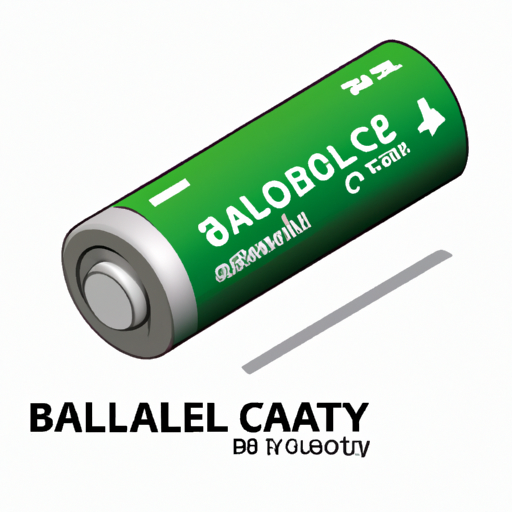Rechargeable batteries, or secondary batteries, play a pivotal role in powering modern technology, from consumer electronics to electric vehicles (EVs). Below is a detailed overview of core functional technologies, insightful articles, and notable application development cases that underscore the effectiveness of rechargeable batteries.
Core Functional Technologies
| 1. Lithium-Ion Technology | |
| 2. Nickel-Metal Hydride (NiMH) | |
| 3. Solid-State Batteries | |
| 4. Flow Batteries | |
| 5. Lead-Acid Batteries | |
| 1. "Advancements in Lithium-Ion Battery Technology" | |
| 2. "The Future of Solid-State Batteries" | |
| 3. "Comparative Analysis of NiMH and Li-ion Batteries" | |
| 4. "Flow Batteries: A Solution for Renewable Energy Storage" | |
| 5. "Recycling and Sustainability in Battery Technology" | |
| 1. Electric Vehicles (EVs) | |
| 2. Renewable Energy Storage | |
| 3. Consumer Electronics | |
| 4. Grid Energy Storage | |
| 5. Medical Devices | |
Articles Highlighting Rechargeable Battery Technologies
Application Development Cases
Conclusion

Rechargeable batteries are essential to the advancement of technology across various sectors. With ongoing research and development, innovations in battery technology continue to enhance performance, safety, and sustainability. As the world transitions to a more energy-efficient future, the role of rechargeable batteries will only become more significant, driving progress in electric mobility, renewable energy, and consumer electronics.
Rechargeable batteries, or secondary batteries, play a pivotal role in powering modern technology, from consumer electronics to electric vehicles (EVs). Below is a detailed overview of core functional technologies, insightful articles, and notable application development cases that underscore the effectiveness of rechargeable batteries.
Core Functional Technologies
| 1. Lithium-Ion Technology | |
| 2. Nickel-Metal Hydride (NiMH) | |
| 3. Solid-State Batteries | |
| 4. Flow Batteries | |
| 5. Lead-Acid Batteries | |
| 1. "Advancements in Lithium-Ion Battery Technology" | |
| 2. "The Future of Solid-State Batteries" | |
| 3. "Comparative Analysis of NiMH and Li-ion Batteries" | |
| 4. "Flow Batteries: A Solution for Renewable Energy Storage" | |
| 5. "Recycling and Sustainability in Battery Technology" | |
| 1. Electric Vehicles (EVs) | |
| 2. Renewable Energy Storage | |
| 3. Consumer Electronics | |
| 4. Grid Energy Storage | |
| 5. Medical Devices | |
Articles Highlighting Rechargeable Battery Technologies
Application Development Cases
Conclusion

Rechargeable batteries are essential to the advancement of technology across various sectors. With ongoing research and development, innovations in battery technology continue to enhance performance, safety, and sustainability. As the world transitions to a more energy-efficient future, the role of rechargeable batteries will only become more significant, driving progress in electric mobility, renewable energy, and consumer electronics.













